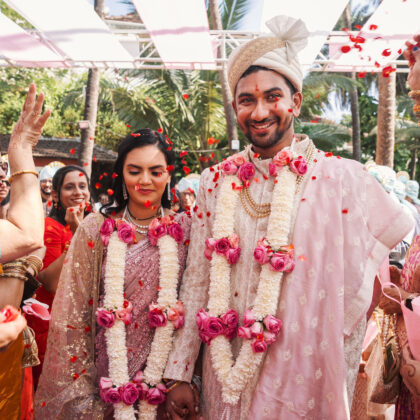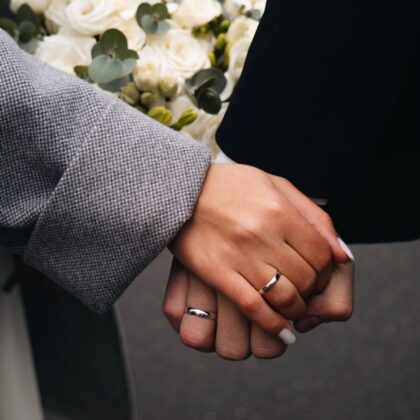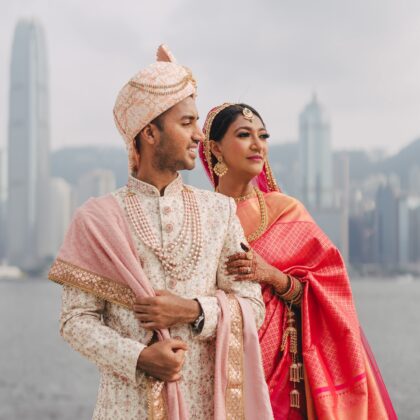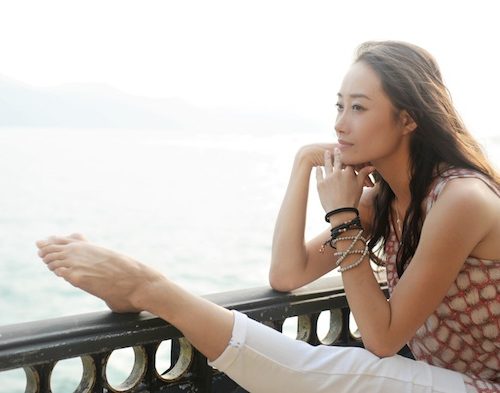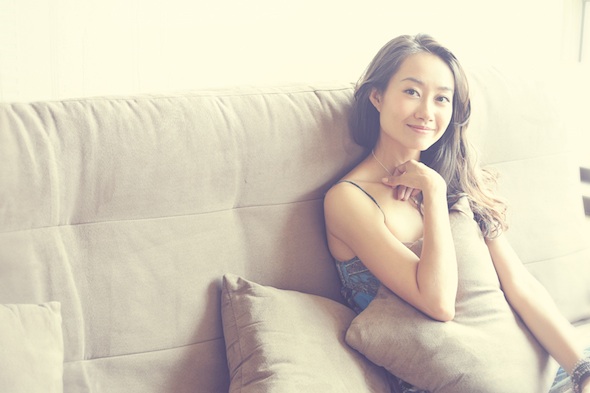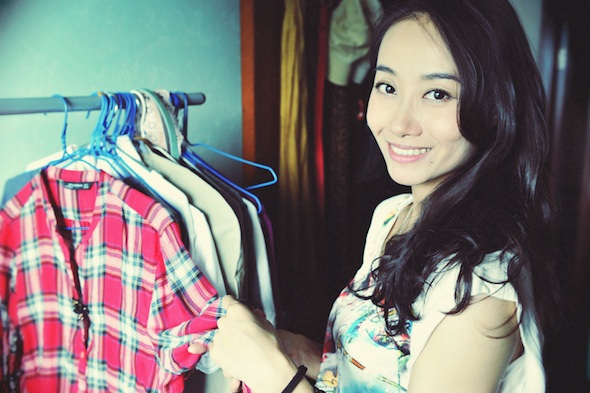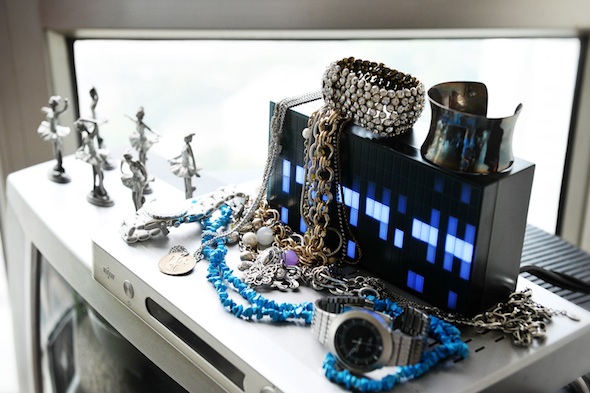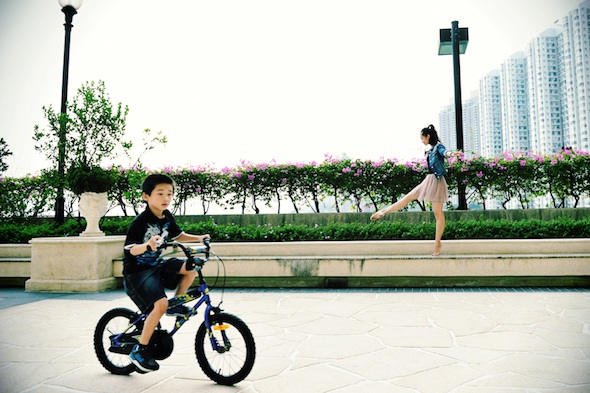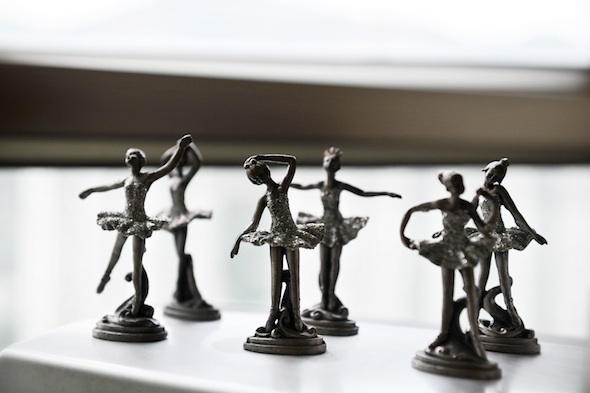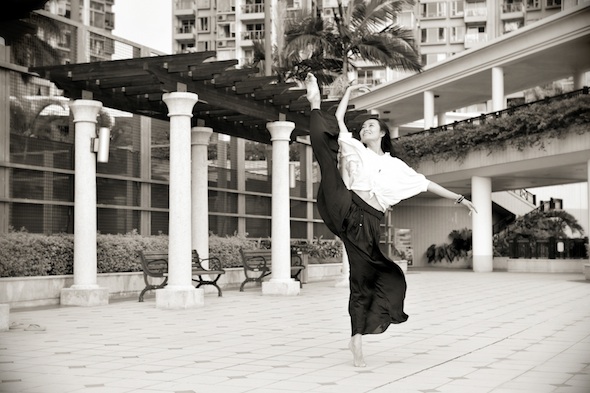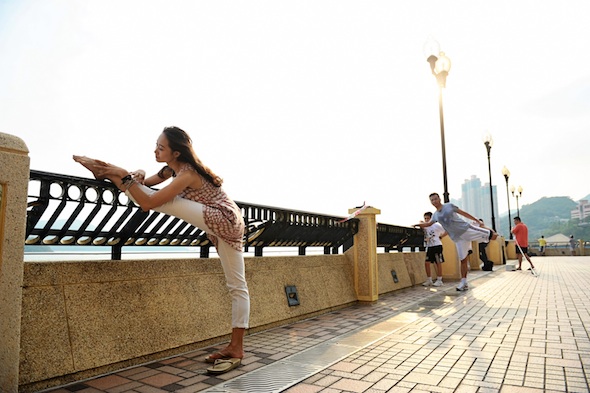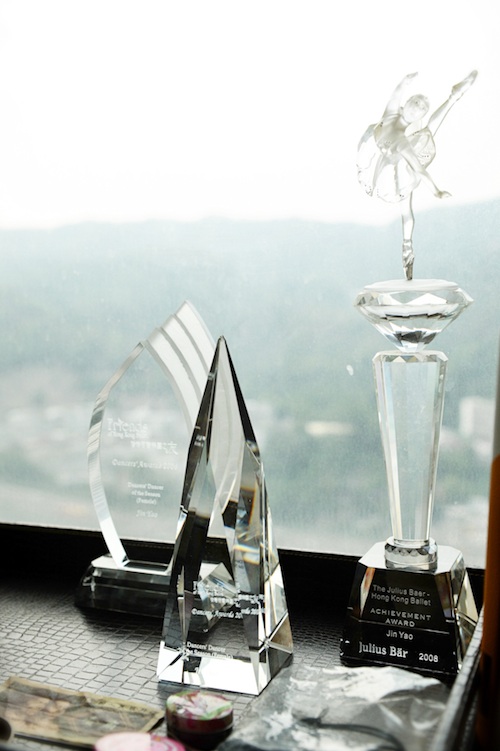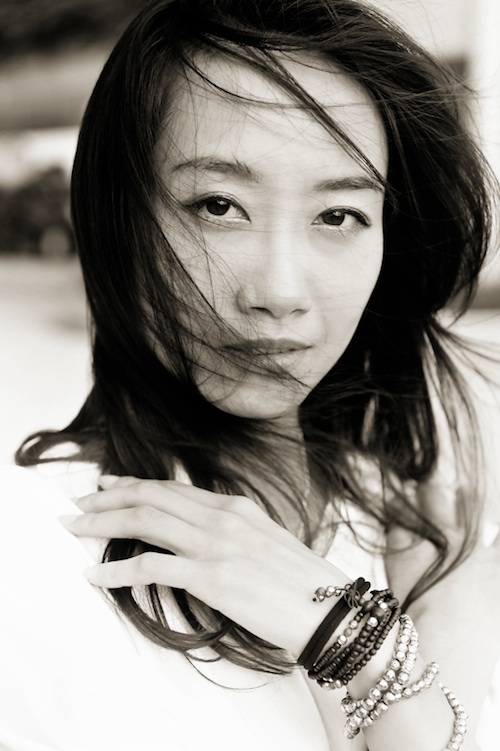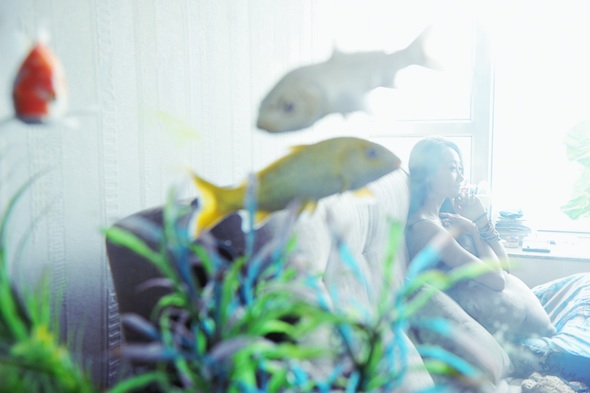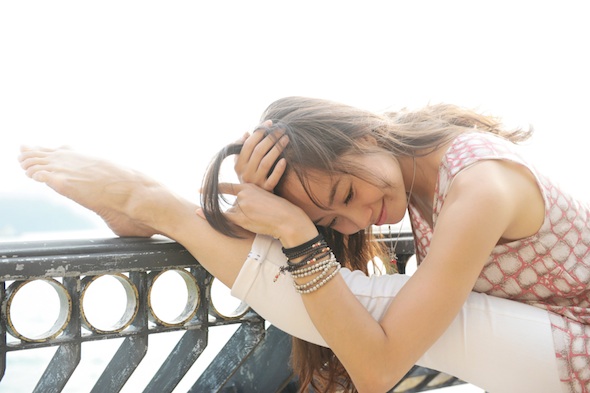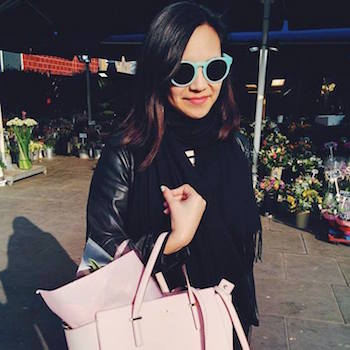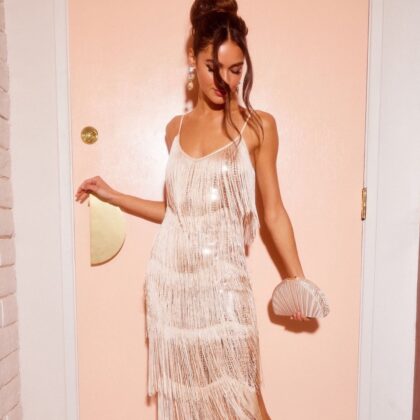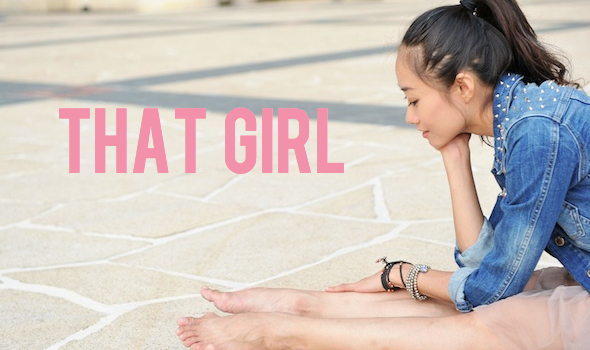
This week’s That Girl is prima ballerina Jin Yao, principal dancer at The Hong Kong Ballet. Having entered the Beijing Dance Academy at the age of 10, what Jin doesn’t know about arabesques, pirouettes and grand pliés isn’t worth knowing!
We find out Jin’s must-visit places in the New Territories, what are the best (and worst!) parts of being a ballet dancer and whether the ballet world really is like Black Swan!
Fill us in on your background and where you grew up. How did you end up in HK?
I was born into a dance family in Jilin, China. I entered Beijing Dance Academy when I was 10 and joined the National Ballet of China at the age of 17. I became a Principal Dancer at the age of 23. I came to Hong Kong because I wanted to get more of a feeling for Western culture, but without feeling like an alien in a foreign land. Hong Kong provides the best of both worlds!
Where do you live? How have you made your home your own?
I live in Sham Tseng near Tuen Mun in the New Territories. Creating a home is all about adapting a place to suit your own preference; it’s such a personal thing. I tend to avoid cool and bright colours in my apartment – for me, home should be a warm cosy place.
Are there any must-visit places near where you live in the New Territories?
You have to try roast goose in my neighbourhood – Sham Tseng is famous for it! And I love wandering around Gold Coast and Sam Shing Street Seafood Market in Tuen Mun.
How do you describe your personal style? Where do you shop in Hong Kong?
My personal style is quite bold. It’s a reflection of my personality – outspoken, generous, frank and open.
For me, Causeway Bay and Tsim Sha Tsui are the go-to areas. It depends what I’m looking for, but CWB and TST generally have a high hit rate because there’s such a diverse choice packed into a relatively small area. I also like Star Street, and some of the little boutiques that are hidden away, the “upstairs” shops.
What are your must-have beauty products? Where do you go for hair/nails/maintenance?
Face masks, moisturising serum and mascara are my must-have beauty products. I don’t cut my hair very often, but when I do, I choose salons that I trust to be up-to-date on the latest hair trends – I like Vidal Sassoon or Flair Salon in China. For maintenance, I go to Vegas Beauty in Causeway Bay.
What is your favourite thing to do when you’re not training?
Sleeping! I’m kind of a homebody really, so I often stay at home to rest and keep my mind free. But like anyone else, I also enjoy watching movies, reading, eating out and shopping (especially handbags!).
What are your favourite restaurants in Hong Kong? How does ballet training affect your diet?
I love eating out in Hong Kong! There’s so much to choose from, you can tour the world’s cuisines. Some of my favourites are San Xi Lou for spicy Sichuanese, a Japanese place Sushi Kuu, and Shanghai Garden Restaurant and Crystal Jade for Shanghainese food.
I have to pay attention to my intake of protein because of the heavy amount of exercise I do every day (high energy consumption). When I am on holidays, I would eat things that are less oily, such as steamed food (dim sum) and white meat (seafood). I would also avoid high-calorie desserts, like cakes or ice cream.
What is your favourite place in HK?
Lantau Island. I am a Buddhist, and I find it a very quiet and holy place.
Did you always want to be a ballet dancer?
I have always wanted to be a dancer ever since I was small. Just like any little girl I was wide-eyed at the grace and beauty of ballet, and I envied the ballerinas who wore such pretty white dresses! It wasn’t until I entered Beijing Dance Academy that I really started to understand the physical and emotional demands of ballet.
How similar is the ballet world to what we saw portrayed in Black Swan?!
I can officially confirm that it’s not that dark and cruel in the real ballet world! If I were keeping fit like the dancers in the movie, I don’t think I would be physically capable of dancing – the portrayal of their exertions was extreme. Of course, there’s competition between dancers, but (usually!) the competition is a positive thing that drives you to keep trying harder and getting better. There’s no cheating in ballet – if you don’t get to the required standard for a role, it shows, simple as that.
What are the best and worst aspects of being a ballet dancer?
The best aspect is that our lives are simple and happy, we have a good physique and even temperaments; but since we dedicate most of our time and energy to dance, our social circle is probably a bit small. Also I guess you could say that our brains are not massively challenged on a day-to-day basis… but that might be a good thing!
What are your favourite roles to play? What is more important – the technicality of the steps or the artistic expression in acting a role?
My favourite role is Giselle in the ballet of the same name. To be a great dancer, you must have both impeccable technique and excellent acting skills. A mature dancer can really bring a role to life, so long as she has mastered both of these aspects.
You’re originally from China – how is the arts and ballet scene different between here and there? What do you miss most about China?
In China, there is a department of the central government that manages and supports arts organisations, while in Hong Kong the arts groups manage themselves with government funding. And in China, people are so proud of their own “homegrown” arts while in Hong Kong, people generally tend to prefer arts groups from overseas.
I miss our rehearsal “home” in China; in Hong Kong, we don’t have our own rehearsal studios so we normally rent the studios in Hong Kong Cultural Centre, but we need to move out to other venues for a few weeks every year. It’s not just inconvenient, it’s risky too, because the floors in other venues are not designed for dancing so our dancers are easily injured.
What are your plans for the future? What do you think you will do once you have retired?
The million dollar question! Of course I have thought about it a lot, and I have a few ideas but I don’t think I can fulfill them all on my own. I think the most suitable plan is to teach and pass on my dance experience to students.
What is the best piece of advice you have been given?
It’s a Chinese saying “wu yu ze gang” (無欲則剛), it means something like “the less you desire, the happier you will be.” As a Buddhist, I believe that the more we want, the more we worry. We are stronger, lighter and happier if we are content with what we have. Keeping a peaceful mind makes my life a lot easier.
All photos in the That Girl article above were taken by the hugely talented Sabrina Sikora of Sabrina Sikora Photography – get in touch with her at [email protected].
Check out the rest of our That Girls here!
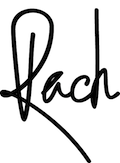

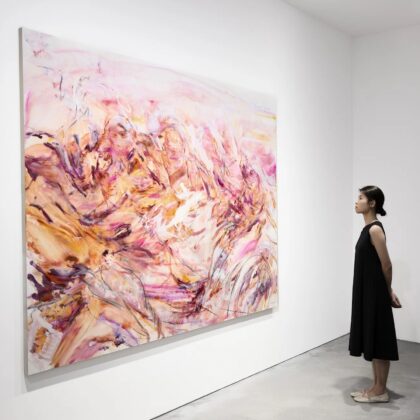
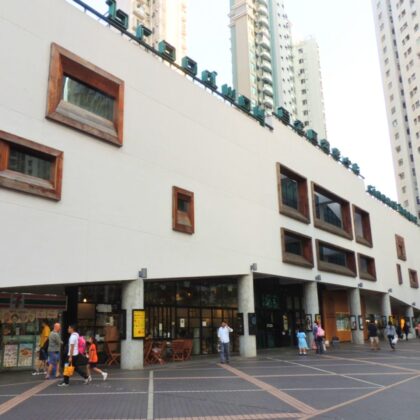
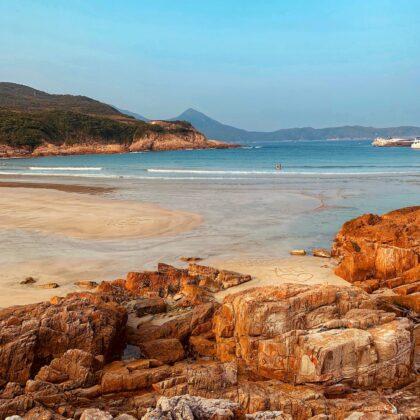
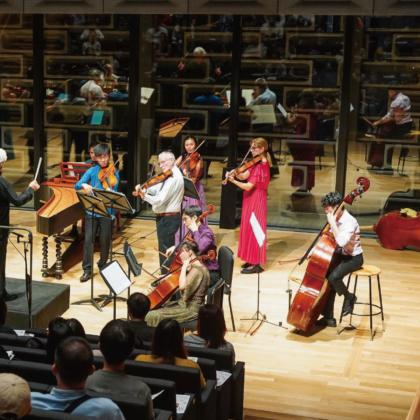
 Eat & Drink
Eat & Drink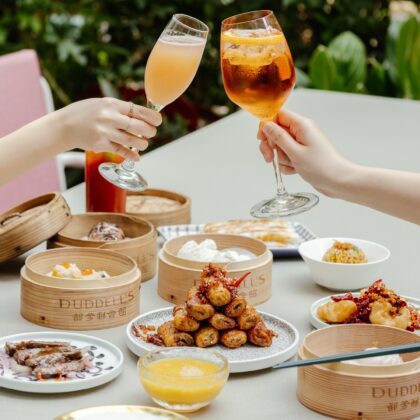
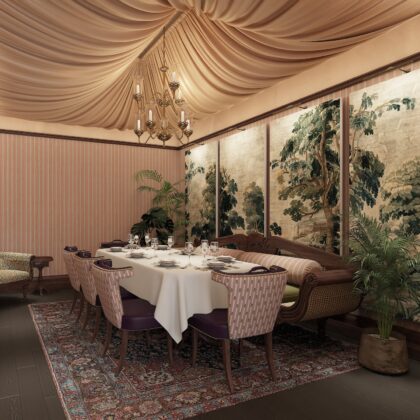
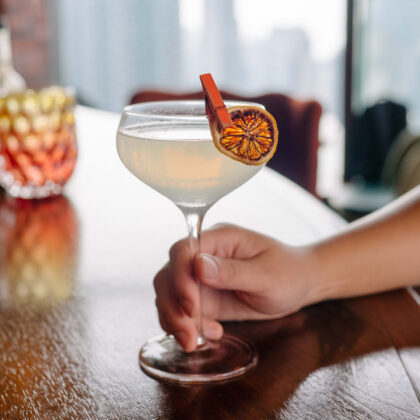
 Travel
Travel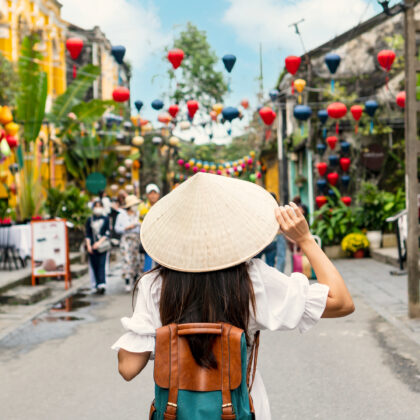
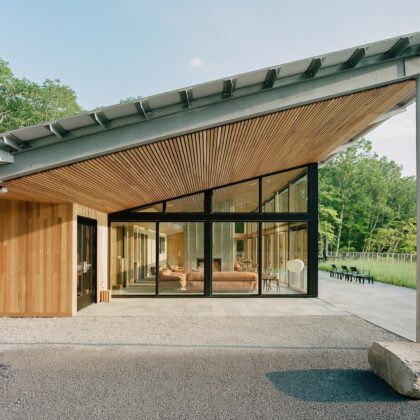
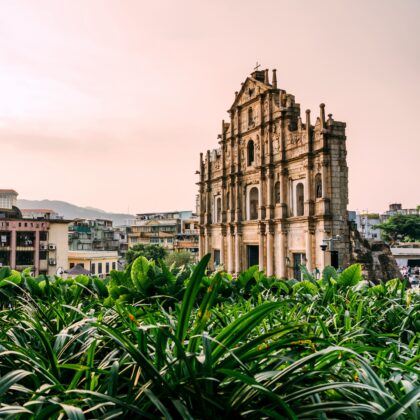
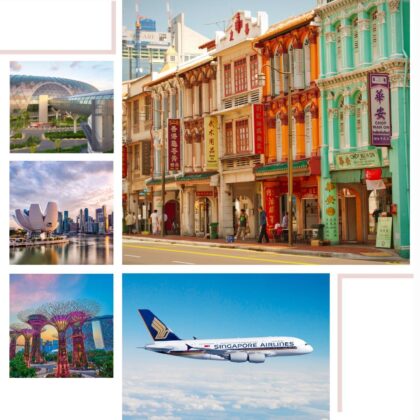
 Style
Style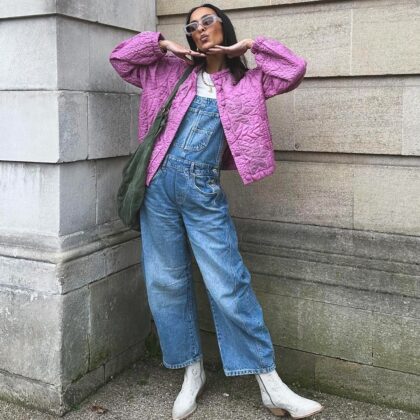
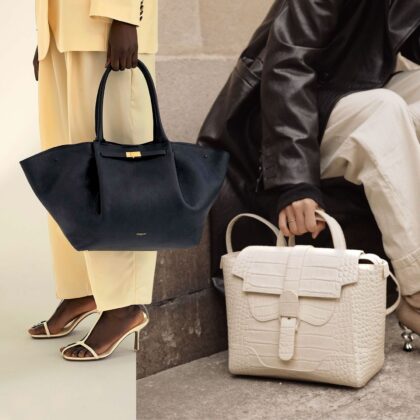
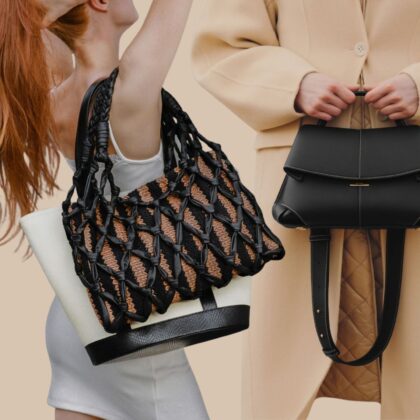
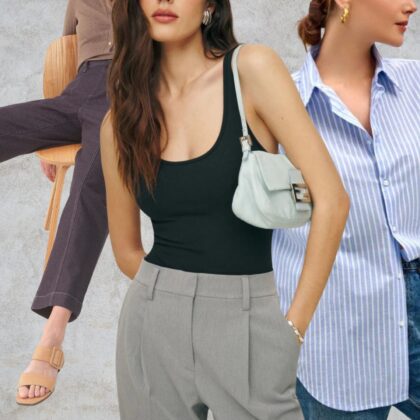
 Beauty
Beauty
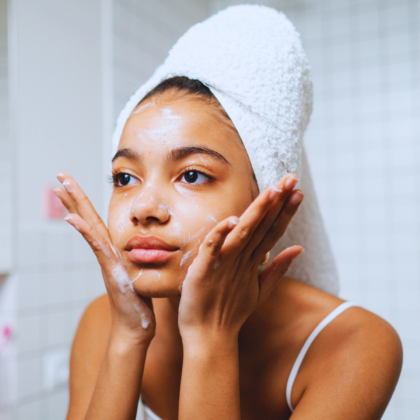
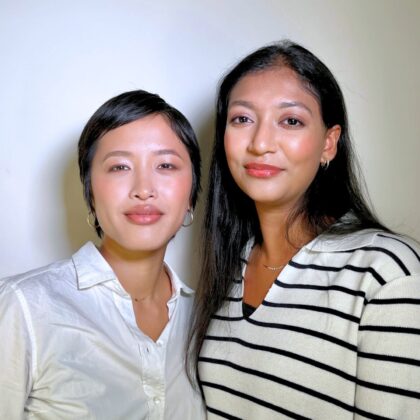
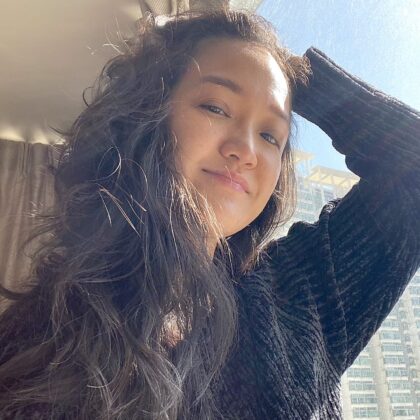
 Health & Wellness
Health & Wellness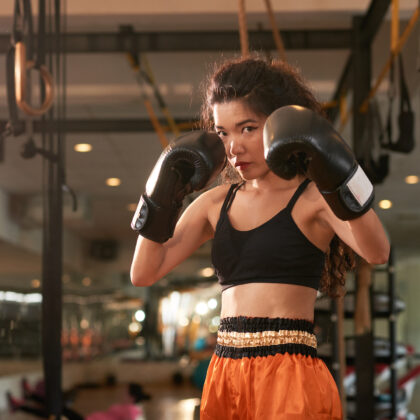
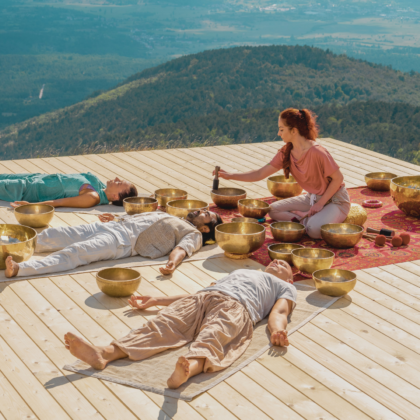
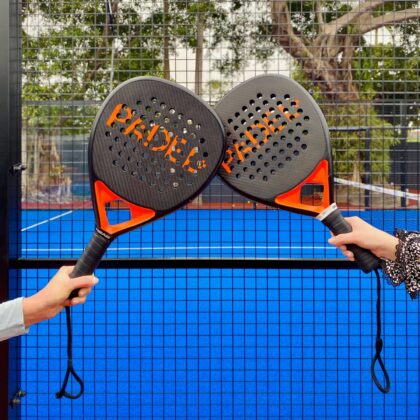
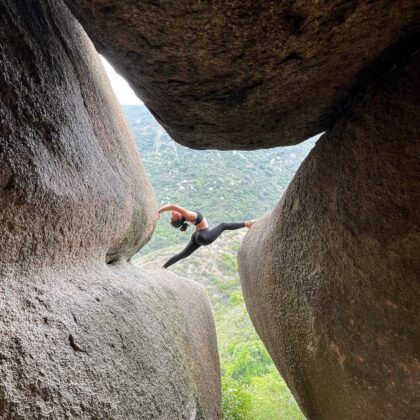
 Home & Decor
Home & Decor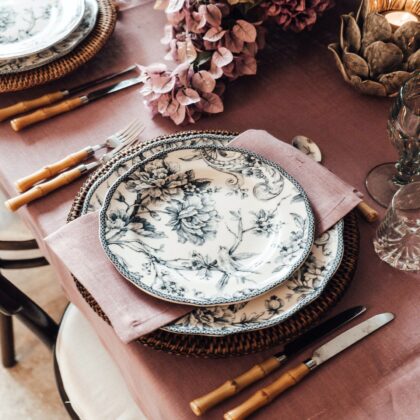
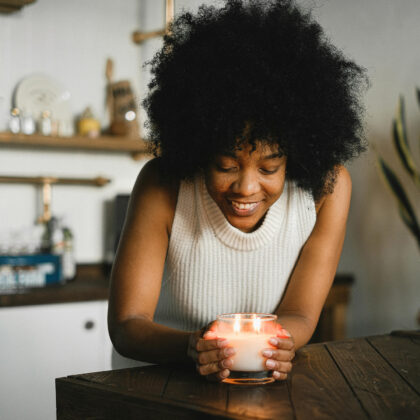
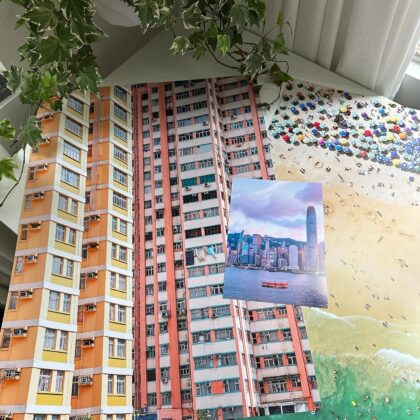
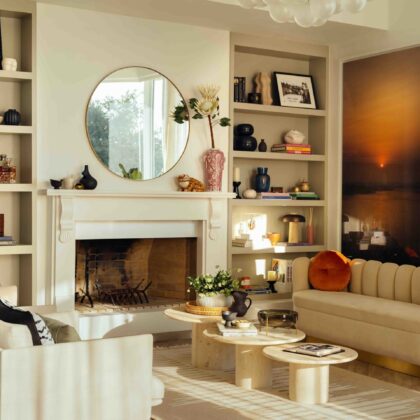
 Lifestyle
Lifestyle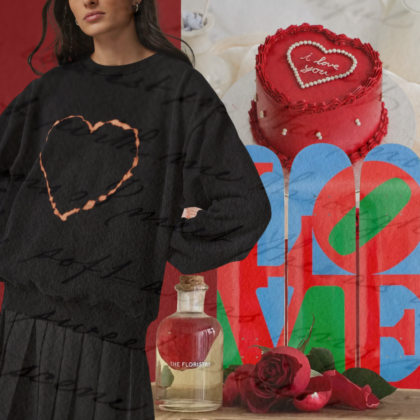
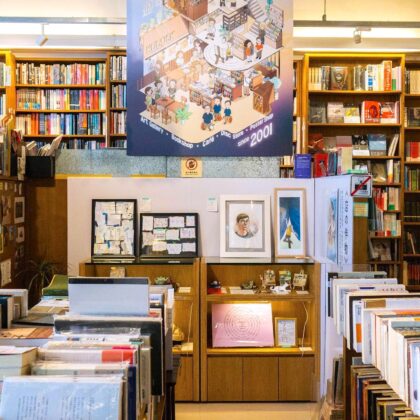
 Weddings
Weddings